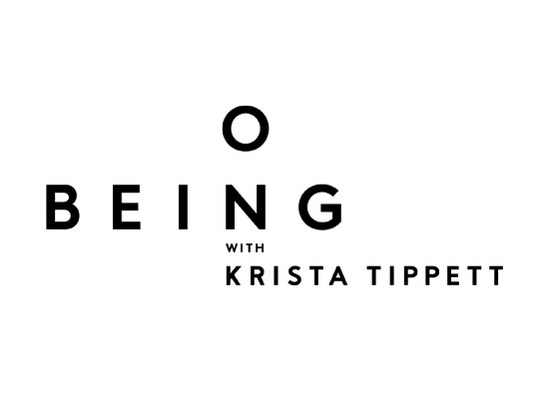Junot Díaz Reads Edwidge Danticat
Well, here we have two writers: one I have come to meet and adore this year (Díaz), the other who I first read in college and am now re-discovering (Danticat). Both the same age, both born months apart on the same island (Díaz in the Dominican Republic, Danticat in Haiti), and both writing beautifully -- among other things -- about the immigrant experience in America. Specifically, and also in an area of increasing significance to me, the silencing of (also: the repression, ignoring, and castigation) that world. Having one read the other, then having that same writer discuss the other, is a true delight.
I've been reading a lot about silence recently, and two things strike me. The first is the classism of it: that is, the luxury and privilege of noiselessness, and the premium that is paid to wall out noise. This happens everywhere -- from suburban homes to business class lounges -- and there is a true elitism that associates with the ability to escape. Such silence does not belong to the immigrant world, and whether the image is antiquated (think Ellis Island, Emma Lazarus' use of the word "teeming" in her poem at the Statue of Liberty, and tenement housing in Manhattan's Lower East Side) or more contemporary, the immigrant experience is overwrought with noise.
The second thing I've been thinking about is how the opposite is also true. Their existence and story may be loud in a sensory way, but it's prevalence and dissemination is much quieter. These narratives are most often interpreted and told on their behalf -- inauthentically, and secondarily (if at all) -- before being gently motioned to their place somewhere on the back pages (almost shockingly, though not at all, the non-hurricane on the gulf coast of Alabama got more coverage that the devastation in Puerto Rico). It's perhaps clear that I struggle with how people tell other people's stories, and so I turn to people like Díaz and Danticat to give me something unmotivated and real, the oppressed telling stories of the oppressed -- their voices honest and their presence hidden, characters and lives existing simply, for no other reason than they necessarily need to be told.








